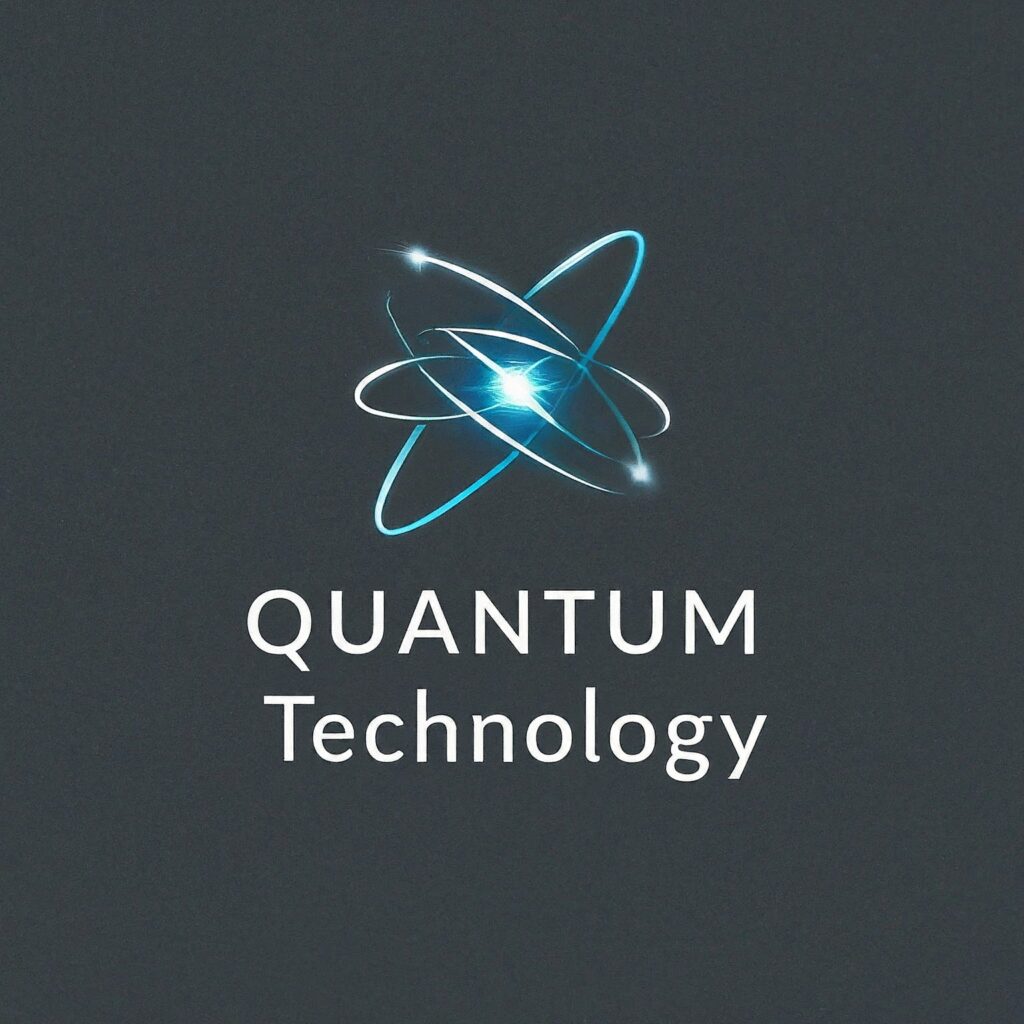The quest for faster and more efficient optimization techniques continues, with researchers exploring novel approaches. A recent study published in Computational Mathematics and Mathematical Physics (“Modification of a quantum-inspired genetic algorithm for numerical optimization using qudit under conditions of simulating quantum decoherence” proposes a hybrid approach: a modified quantum-inspired genetic algorithm (QIGA) that utilizes qudits under simulated quantum decoherence. This innovative technique holds promise for tackling complex optimization problems across various fields.
Traditional Optimization Methods and Their Limitations:
Many optimization problems aim to find the best solution (minimum or maximum value) for a given function. Traditional methods, like genetic algorithms, often struggle with complex problems that have many variables or get stuck in local optima (suboptimal solutions).
Enter the Quantum-Inspired Approach:
QIGAs draw inspiration from quantum mechanics, leveraging concepts like superposition and entanglement to explore multiple solutions simultaneously. This can potentially lead to faster convergence and better global optimization compared to traditional algorithms.
The Twist: Qudits and Decoherence Simulation:
This study introduces a unique twist to the standard QIGA. It utilizes qudits, quantum bits with more than two states, potentially offering a richer search space. Additionally, the research simulates the effect of quantum decoherence, the loss of quantum properties due to interaction with the environment. This simulation helps the algorithm adapt and avoid getting stuck in irrelevant quantum states.
Potential Benefits of the Modified QIGA:
- Enhanced Exploration: The use of qudits broadens the search space, allowing the algorithm to explore a wider range of potential solutions.
- Improved Convergence: Simulating decoherence could prevent the algorithm from getting trapped in unproductive regions of the search space, leading to faster convergence to the optimal solution.
- Application to Diverse Problems: The approach could be applied to various optimization problems in fields like engineering, finance, and machine learning.
Early Stage and Room for Growth:
While promising, the modified QIGA is still under development. Further research is needed in areas like:
- Fine-Tuning Parameters: Optimizing the algorithm’s parameters, such as the number of qudits and the degree of simulated decoherence, is crucial for achieving optimal performance on different problems.
- Benchmarking: Comparing the modified QIGA with existing optimization techniques and demonstrating its effectiveness on various benchmark problems is essential.
- Practical Implementation: Developing user-friendly software libraries incorporating the modified QIGA would facilitate its adoption in real-world applications.
A Step Forward in Optimization:
The study presents a novel approach to optimization by combining the strengths of quantum-inspired algorithms with the adaptability offered by simulating decoherence. As research progresses and technical limitations are addressed, the modified QIGA could become a valuable tool for tackling complex optimization problems across various scientific and engineering disciplines.
